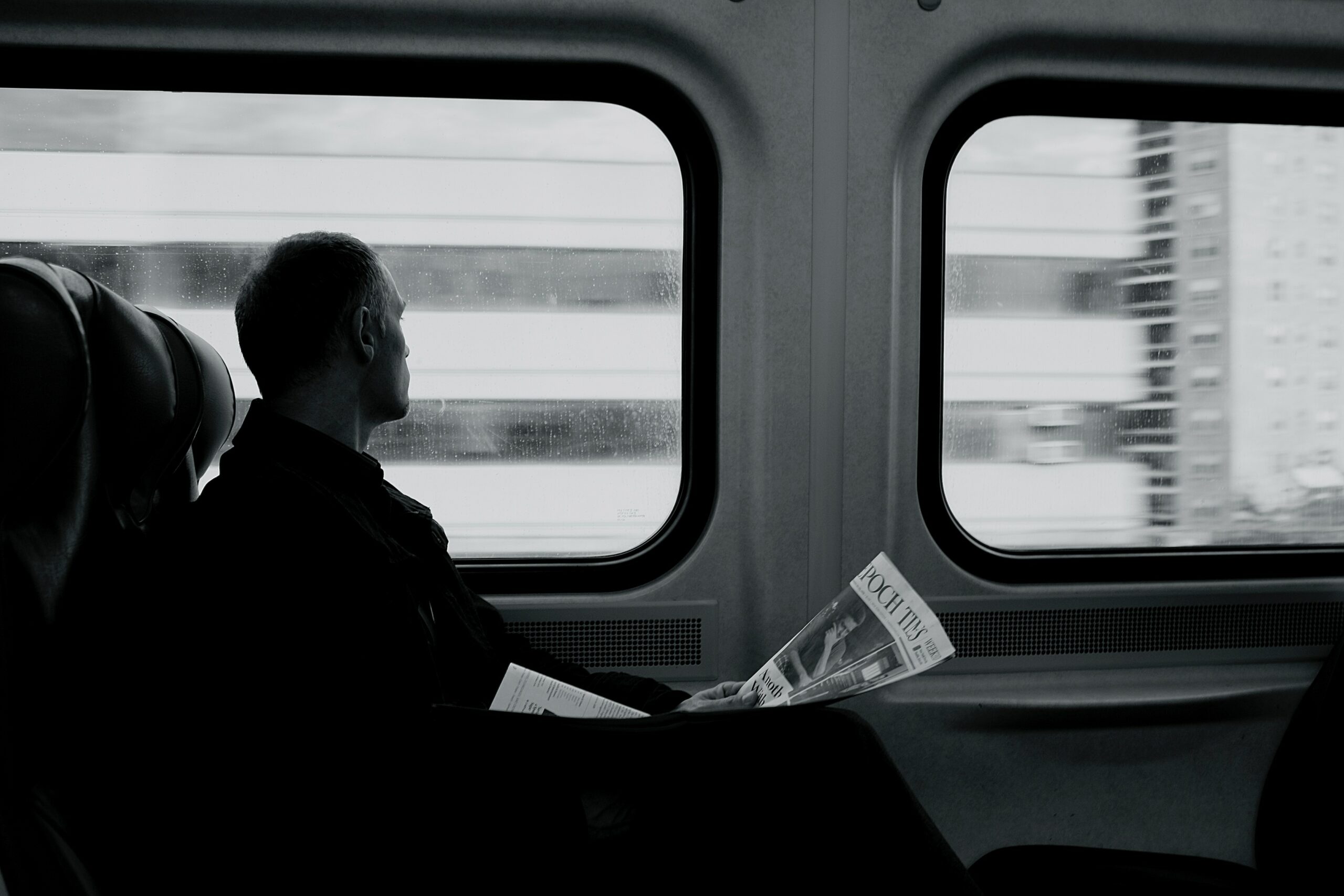Why is the Herald Sun incentivising click journalism in a time of news avoidance?
It’s 2019: Media companies have been aware of the negative impacts of the race to lowest common denominator digital publishing for many, many years. But it seems that not everyone is changing course as a result: News Corp’s Australian tabloid the Herald Sun is reportedly offering its journalists cash incentives for writing stories that attract readers and convert them to paying subscribers.
On the face of it, it’s just a slightly more formalised version of similar measures in place across many global newspapers. In the UK, Telegraph journalists compete to see whose stories help convert audiences to paying subscribers, and the journalist-facing analytics tool at The Times & Sunday Times also display how many subscriptions or sign-ups an individual story has led to. The danger is that, without discipline, those systems can actually disincentive good reporting – particularly at generalist tabloids – and continue the trend of a fall in news engagement across the industry.
Recent statistics from the Digital News Report demonstrate that news avoidance is on the rise among the public. As Joshua Benton states in his write up: “In 2017, 29 percent of those surveyed worldwide said they “often or sometimes avoid the news,” including 38 percent in the United States and 24 percent in the U.K. By 2019, those numbers had increased to 32 percent worldwide(+3), 41 percent in the U.S. (+3), and 35 percent in the U.K. (+11)”. By some distance, the primary reason given for that increase in news avoidance was “it can have a negative effect on my mood” at 57 percent and “I can’t rely on news to be true” at 35 percent.

That second statistic is scary in and of itself – it suggests that the rhetoric of ‘fake news’ pushed by the powerful has taken hold. But in combination with the first statistic, which suggests that people are disengaging from the news because it makes them uncomfortable, it should be terrifying for media companies. Part of it is absolutely driven by the sheer quantity of news that exists online, and tabloids that cannot monetise through subscriptions alone are still chasing that dragon of pumping stories out.
And it’s that part that worries me about the Herald Sun’s scheme. Though it claims its internal system is weighted in such a way that does not unduly reward the creation of lowest common denominator negative news content, that is nevertheless typically the easiest to create and habitually the most-read by the general public. Moreover, since as presented the Guardian story implies that the scheme rewards for both clicks and subscriptions, there are really two incentives there working one against the other: mass creation of easy news content hinders a newspapers’ ability to get people to pay.
What you have to do to get clicks and what you have to do to get subscriptions are not only different, but one undermines the other. The more click-driven you are, the more like other media you get. The more like other media you get, the less likely anyone would subscribe. https://t.co/mu90wifVsE
— Jay Rosen (@jayrosen_nyu) June 24, 2019
What’s strange about this is that, at the Cannes advertising festival, News Corp’s Lachlan Murdoch told an assembled audience that the company is very aware of that fact, saying:
“You have to look at what’s free online, and what’s driven tabloid newspapers has been – for all of history, or every since the invention of the printing press – sports, news headlines, some gossip and also some opinion, but so much of that is available free online”.
So while this scheme incentives journalists to create articles that are cheap and easily replicable for their own sake, it doesn’t necessarily help the Herald Sun drive subscriptions, and may even hinder its ability to do so. And, worse, it potentially contributes to the public perception that there is too much bad news online, which has led to almost a third of people entirely avoiding news. That has a knock-on effect on how many consumers total are left to be monetised through ad revenue or subscriptions.
It may well be that there are nuances to the Herald Sun’s analytics tools and approach to this that we’re missing. But in 2019 when the long-term damage to publisher business models caused by effectively overfishing for cheap news audiences is so apparent, it seems bizarre that they would incentivise even more of it.
Chris Sutcliffe
enquiries@trippassociates.co.uk
Martin Tripp Associates is a London-based executive search consultancy. While we are best-known for our work across the media, information, technology, communications and entertainment sectors, we have also worked with some of the world’s biggest brands on challenging senior positions. Feel free to contact us to discuss any of the issues raised in this blog.